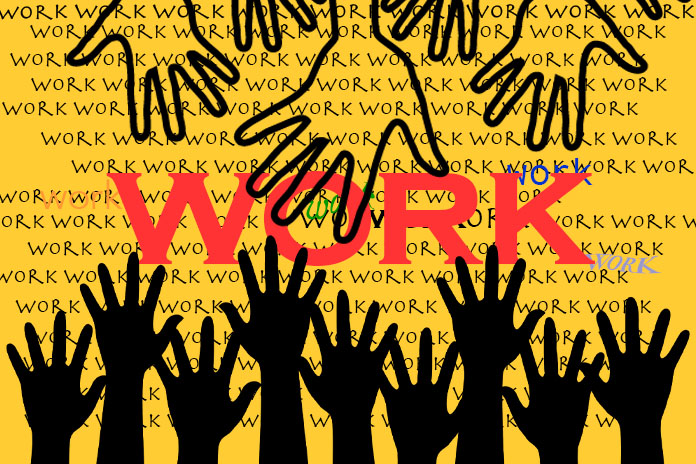
BY NOW, the reality of job losses and working from home have become part of a sudden global phenomenon, along with hand washing and social distancing.
The established order of things is in disarray as COVID-19 sweeps the globe, although many would argue things were already looking somewhat rocky on the corporate front as a result of technological disruptions.
But COVID-19 is the mother of all disruptors. It has brought most industries to a halt.
Manufacturing has slowed down, supply chains are broken as borders shut and self-isolation restrict people to working from their homes.
Work From Home
When Tomas O’Farrell set up Workana in 2012, he never thought a pandemic would reinforce the benefits of his business model.
Workana is a one-stop site for those looking for freelancers, and for talent looking for jobs. From posting projects to finding the appropriate talent and ensuring prompt delivery and management, Workana provides a digital solution.
Workana has built up an ecosystem of close to 1.8 million freelancers generating around 28,000 projects monthly, mainly in tech-related businesses in the areas of design, digital marketing and content generation. Pretty much a lot of the work that goes online these days.
While most of Workana’s freelancers are in the 18-34 age range, many are mothers who have just had children and those leaving corporate careers, Tomas says. There’s a 50/50 gender split.
But this is a shifting demography and Tomas believes as more people benefit from the company’s experience, new verticals will emerge. “As more and more talented freelancers in a new vertical start signing up to Workana, we will analyse if we can provide top freelance talent consistently in that vertical.”
Workana started in Argentina, building up its reputation in Latin America. It recently set up an office in Asia, with Tomas setting up home and office in Kuala Lumpur.
The sudden onset of COVID-19 has made Workana’s offering more relevant.
“Our business has been doubling in volume every year, until we moved to Asia. It’s now growing at 3 times yearly rates.”
But Tomas, who hails from a family of lawyers, is realistic about how COVID-19 may impact his business: “So far, COVID-19 has had a small effect, but as business slows around the world, and as many companies start to feel the pressure of reduced sales and forecasts, we have no doubts that it will impact us as well.”
Workana has observed a rising trend of new freelancer registrations. More people are looking for ways to work remotely, and the sudden work from home notices and lockdowns of communities could see a spike in people and businesses trying to understand how best to make the most of this new mode of operation.
Feedback Matters
Workana’s referrals are based on feedback from clients on freelancers, and vice versa. This keeps the quality of the talent offered at a high level.
This system helps to deliver the best talent fit for the project, but it also serves to weed out bad employers/freelancers who do not deliver on expectations.
While businesses benefit from working with the best talent without the need to have them on as fulltime staff, Workana also looks after the welfare of freelancers by organising talks and webinars about how they can manage their personal finances and health needs.
As a growing online business, Workana has the ability to scale according to need.
With the COVID-19 pandemic, Tomas feels new requirements around work practices will emerge, and he hopes to meet these needs via his platform; allowing for a steady flow of projects and talents to keep the job market buoyant and the economy going.





















